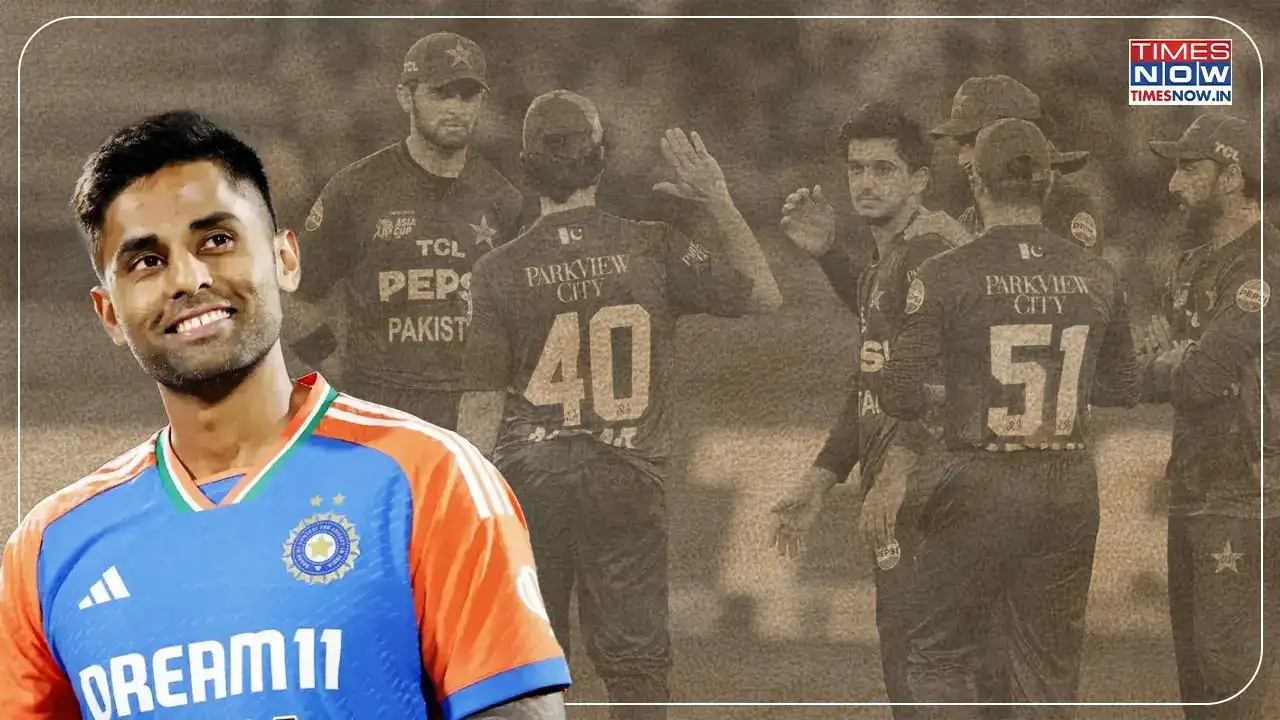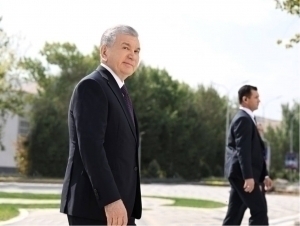SKY’s The Limit: Boycotts Erase The Story, India vs Pakistan Match At Asia Cup 2025 Created One
By Shaunak Ghosh
Copyright timesnownews

For any cricketer, the ground is his battlefield. Every run, every wicket, every catch becomes their form of combat. Nowhere is this analogy truer than when India takes on Pakistan, the archrival on and off the field. The Asia Cup 2025 Group A match in Dubai on September 14 was no exception. However, this time, the contest unfolded in the shadow of tragedy. This was India’s first on-field encounter with Pakistan after the dastardly terror attack in Pahalgam that killed 26 innocent lives. Hence, the game carried far more importance than just getting two points in the group stage. India displayed dominance, restricting the Pakistan batting line-up at 127, and then subsequently notching up a thumping one-sided 7-wicket win with 25 balls to spare. The Indian cricket team made an even bigger statement when they refused to share the customary handshakes with the Men in Green after the match got over. Suryakumar Yadav even dedicated the win to the family of the Pahalgam attack victims and the Indian Army. The move, though criticised by many, was a statement that was far more powerful than boycotting the match. The Symbolism of the Absent Handshake When the final ball was bowled and India emerged victorious, all eyes searched for the customary handshake — a ritual that defines the spirit of the game, but probably not at the cost of the nation. But Team India, hurt by the Pahalgam attack, like every other Indian, refused the handshake, the move labelled “unsporting” by the Pakistan Cricket Board (PCB) and several other Pakistani ex-players. Is a custom bigger than the nation? The handshake is a gesture of goodwill and respect. However, such a gesture would have rung hollow in the context of the recent occurrences. The deadly Jammu and Kashmir attack that killed 26 civilians was followed by India’s decisive action against the perpetrators of the attack deep inside Pakistan. The Indian team did not refuse the handshake with Pakistani cricketers, but they refused to shake hands with Pakistan, the terror-backing nation. After all, the context is everything. Some say the game should not have been played in the first place, but this quiet yet powerful act made the presence louder than the absence. Notably, SKY didn’t say a word about the Pakistani cricketers but stood with India. Suryakumar Yadav’s Perfect Tribute Post-match presentations are often about cricketing clichés — “the boys played well,” “we stuck to our plans,” “we take it one game at a time.” But Suryakumar Yadav did not just limit it to these cliches. With composure and unmistakable conviction, he dedicated India’s win to the victims of the Pahalgam attack, their families, and the Indian Army. “Taking the time out, we stand by the victims and their families of the Pahalgam terror attack. We express our solidarity. Want to dedicate the win to all our armed forces who showed a lot of bravery. Hope they continue to inspire us all and we give them more reasons on the ground whenever we get an opportunity to make them smile,” the Indian captain said. It was a moment that reminded us athletes are not alienated figures in bubble worlds; they are citizens too, humans too. They feel the pain of their nation, and when given the stage, they channelise it. In that dedication, SKY not only honoured the fallen but also elevated the convincing win into a powerful tribute. Why Playing Matters More Than Boycotting Whenever Indo-Pak tensions rise, the call to boycott is loud. A boycott, however, is a withdrawal. The silence and absence often lead to speculation with no decisive stand. By playing – and by winning convincingly – India gave context to the contest. The absence of a customary handshake and Suryakumar Yadav’s post-match speech added layers of symbolism that no boycott could have achieved. Boycotts erase the story. The Asia Cup 2025 match created one. Echoes From the Past Sports has often been a stage for political and social expression. In the 1980 Moscow Olympics, several nations boycotted the event after the Soviet invasion of Afghanistan. As significant as this boycott was, it also showed the limitations of absence, as the athletes never got the chance to compete, and the statement, while global, faded with time In contrast, gestures made during competition have etched themselves more deeply into history. At the 1968 Mexico City Olympics, Tommie Smith and John Carlos raised their fists in a Black Power salute against racism during the medal ceremony. This was an act of defiance that reverberated across the world and gave traction to an anti-racist movement. This proves that while boycotts can express dissent, it is often the statements made within the sporting arena that carry a message far and loud. The Power of Symbolism in Sport Sport is one of the most viewed stages in the world. While diplomacy and political speeches can touch a section, often a selected bunch, statements made through sport reach millions instantly. This is why gestures on the sporting field carry far more weight. India’s refusal to shake hands wasn’t a diplomatic strategy chalked out by officials but a raw and unsanitised flow of emotions. The move did resonate with Indians. Are The Critics Right Over ‘Handshake’? Critics often say, ‘don’t mix sports with politics.’ A question to this ‘critical’ bunch – Is terrorism part of politics or diplomacy? Team India’s ‘no handshake’ stand wasn’t against the country but the act of terrorism. Moreover, a cricket match between India and Pakistan has never been just about the sport. Since 1952, when India played its first match against Pakistan, to September 14, 2025, the India-Pakistan rivalry has continued on and off the field. The neighbouring nation can’t expect happy ‘handshakes’ while they continue to celebrate and perpetrate attacks on India and Indians. The reflection is loud and clear in the game and between the two sides. Pakistani ‘critics’ should school their leaders and the army before lecturing us on “spirit of cricket”. If Indian cricketers are allowed to embody national pride when they win a World Cup or Champions Trophy, then they should not be denied the right to express their feelings for their nation in times of a national tragedy. Silence and absence are surely options, but speaking out loud had a far greater impact. More Than a Game For Pakistan, it may have been another Asia Cup outing and another loss to India. For India, it was a tribute, a protest, and a message — all rolled into one. By refusing the handshake, they protested. By dedicating the win, the team honoured the memories of lives lost and helped carry a nation’s voice when the world was watching. The ground was their battlefield, and they fought not with anger but with intent. What happened in Dubai will likely echo in future contests. It sets a precedent that Team India will not be mute participants and partake in customs to ‘uphold the Spirit of Cricket’ when the nation is hurting.



